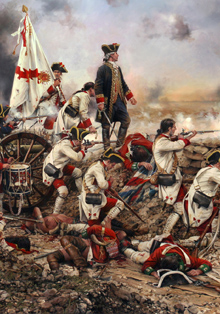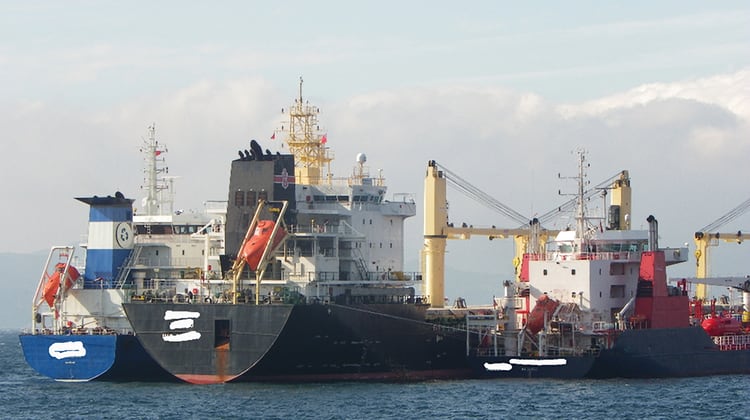The protagonists in Spain’s role in the independence of the United States are the main theme of the series of conferences that will be inaugurated tomorrow at 7 p.m. at the Real Academia de la Histora (Calle Amor de Dios, 2) and which will have 4 dates until 9 May.
Coordinated by Carmen Iglesias, this series focuses on the 18th century, when Spain was immersed in a complex network of alliances and international conflicts that put its power and ability to maintain its empire to the test. The independence of the United States in 1776 posed a new challenge to the Spanish Crown, since it was a neighbouring colony and an emerging power that put its interests in America at risk.
From the beginning of the war, Spain supported the rebel forces with arms, supplies and money, which ultimately proved key to the victory of the insurgents. The conflict also allowed Spain to strengthen its position in the Caribbean and South America, where its main colonial possessions were located.
The lectures in the series will begin at 7 p.m. and will take place at the Real Academia de la Historia and the Fundación Ramón Areces. They are as follows:
– Tuesday, 11 April, Spain and the independence of the United States, speaker: Carmen Iglesias. Royal Academy of History.
– Tuesday, 18 April, The foreign policy of Carlos III, speaker: Luis Ribot. Fundación Ramón Areces (c/ Vitruvio, 5.)
– Tuesday, 25 April, The Independence of the United States and Spain: The Military Scenario, speaker: Hugo O’Donnell y Duque de Estrada. Real Academia de la Historia.
– Tuesday, 9 May, In the trenches of the Empire: Gálvez, Saavedra, Ezpeleta… Speaker: Gonzalo M. Quintero Saravia. Fundación Ramón Areces.







